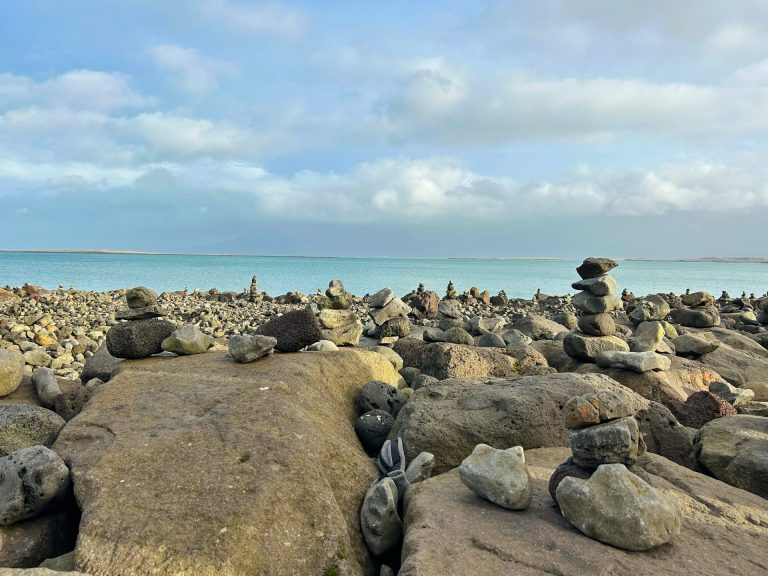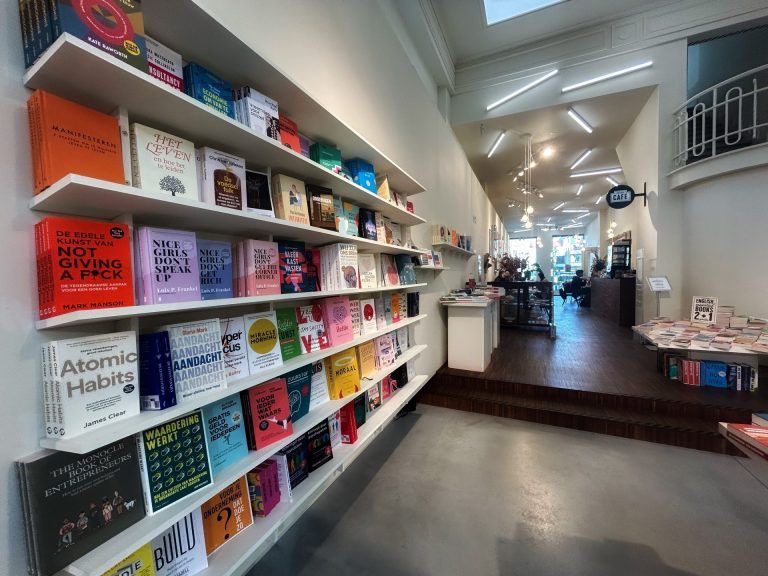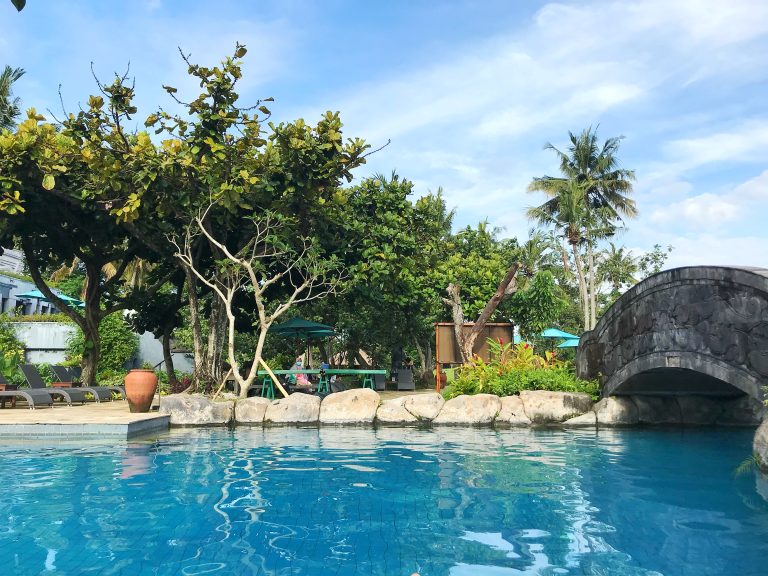Learning is no longer just for people of a certain age. In a world where the pace of change is accelerating, not only children but adults must also keep up by learning and becoming skilled. We often think we know what it means to be skilled, but sometimes we get it wrong. We struggle with how to improve ourselves and how to predict what skills will be needed in the future.
Fortunately, many non-fiction books offer valuable insights on these issues. I’ve found a lot of wisdom in these books and collected powerful quotes from best-selling authors. They provide a refreshing perspective on how to nurture our potential. These authors explore how we can create an environment where curiosity thrives, resilience is cultivated, and everyone is equipped to navigate the uncertainties of the future. From advocating for an inclusive education system to emphasizing the importance of learning how to learn, their quotes challenge us to rethink and update our traditional views.
Hopefully, the quotes from books below will inspire you as they do me.
Hidden Potential by Adam Grant
An education system isn’t truly successfull until all children—regardless of background and resources—have the opportunity to reach their potential.
Adam Grant, Hidden Potential: The Science of Achieving Greater Things
Read more.
Learning How to Learn by Barbara Oakley, Alistair McConville, and Terry Sejnowski
Learn how to learn so you can follow your passions. But don’t just follow your passions. There’s a lot of learning you can do that will open doors you can’t yet imagine. Broaden your passions—learn and enjoy new subjects beyond the one you originally thought you could learn. You’ll put yourself in a better place for whatever life may throw your way. The world is changing quickly and it’s going to be changing even faster. Learning how to learn is one of the very best abilities you can have.
Barbara Oakley, Alistair McConville, and Terry Sejnowski, Learning How to Learn: How to Succeed in School Without Spending All Your Time Studying; A Guide for Kids and Teens
Read more.
Never Enough by Jennifer Breheny Wallace
Children need to be taught, explicitly, that true success comes from finding healthy ways—both physically and psychologically—to excel.
Jennifer Breheny Wallace, Never Enough: When Achievement Culture Becomes Toxic-and What We Can Do About It
Read more.
Range by David Epstein
Parent increasingly come and want their kids doing what the Olympians are doing right now, not what the Olympians were doing when they were 12 or 13 which included a wider variety of activities that developed their general athleticism and allowed them to probe their talents and interests before they focused narrowly on technical skills.
Ian Yates in Range: Why Generalists Triumph in a Specialized World by David Epstein.
Frustration is not a sign you are not learning, but ease is.
David Epstein, Range: Why Generalists Triumph in a Specialized World
The best learning road is slow, and that doing poorly now is essential for better performance later.
David Epstein, Range: Why Generalists Triumph in a Specialized World
Teachers and students must avoid interpreting current performance as learning. Good performance on a test during the learning process can indicate mastery, but learners and teachers need to be aware that such performance will often index, instead fast but fleeting progress.
Robert Björk in Range: Why Generalists Triumph in a Specialized World by David Epstein
In a wicked world, relying upon experience from a single domain is not only limiting, it can be disastrous.
David Epstein, Range: Why Generalists Triumph in a Specialized World
Sometimes, learning involves putting experience aside entirely.
David Epstein, Range: Why Generalists Triumph in a Specialized World
Knowledge is a double-edge sword. It allows you to do some things, but it also makes you blind to other things that you could do.
Pedro Domingos, in Range: Why Generalists Triumph in a Specialized World by David Epstein.
Read more.
The Learning Game by Ana Lorena Fábrega
Recognize effort, not ability, and recognize ethics over achievement. Recognize the learning process, not the outcome. Recognize curiousity, perserverance, and a growth mindset over the completion of tasks.
Ana Lorena Fábrega, The Learning Game: Teaching Kids to Think for Themselves, Embrace Challenge, and Love Learning.
When kids specialize early, it’s easy for them to fall into “functional fixedness,” a narrow mindset where they only see things one way. They may miss creative solutions because they only ever mastered a single set of skills. On the other hand, early generalism gives kids a firm foundation of broad knowledge.
Ana Lorena Fábrega, The Learning Game: Teaching Kids to Think for Themselves, Embrace Challenge, and Love Learning.
Read more.






